Organization of ELLRA
ELLRA is a non-profit association with four governing bodies:
1. The General Assembly of Members
It is composed of all the members of the Association in good standing.
2. The Executive Committee
It is made up of three members elect: the Chair, the Treasurer, and the Events Coordinator. Together, they oversee the running of the Association with four co-opted members who have specific functions. They are the Vice-Chair, the Membership Officer, the Communications Director and the Community Outreach Coordinator.
3. The Finance Committee
It is the regulatory body of the Association and provides oversight of ELLRA’s accounts and finances. This Committee works closely with the Treasurer and a certified accountant.
4. The Committee of the General Assembly
It presides over the General Assembly and is composed of a Chair and two Committee members. It is also responsible for coordinating the electoral process every three years.
The following illustration represents the Association’s structure, and shows how the committees nest within the membership and their interdependency.
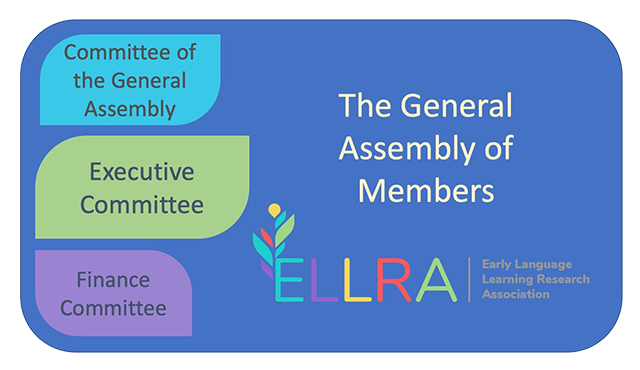
ELLRA Governing Committees
(2023 - 2026)
The Executive Committee
Executive Committee Elect
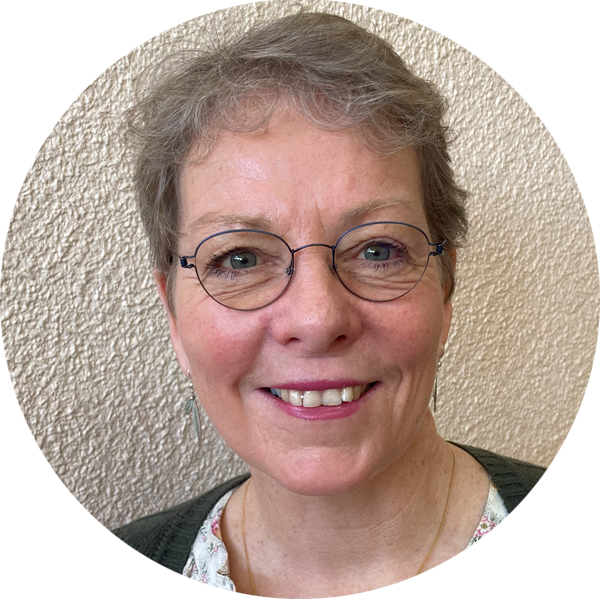
Sandie Mourão
Sandie Mourão (PhD) is a senior researcher at CETAPS, Nova University Lisbon, Portugal. Her research interests include foreign languages in early childhood education and care, intercultural learning, picturebooks in language education and classroom-based assessment.
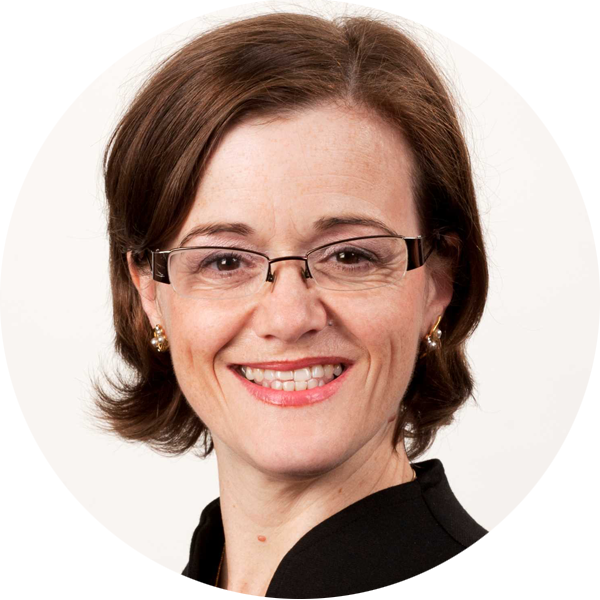
Nayr Ibrahim
Nayr Ibrahim (PhD) is Associate Professor of English Subject Pedagogy at Nord University in Norway. Her research interests include early language learning, learning to learn, bi/multilingualism, multiple literacies, language and identity, children’s literature, children’s language rights.
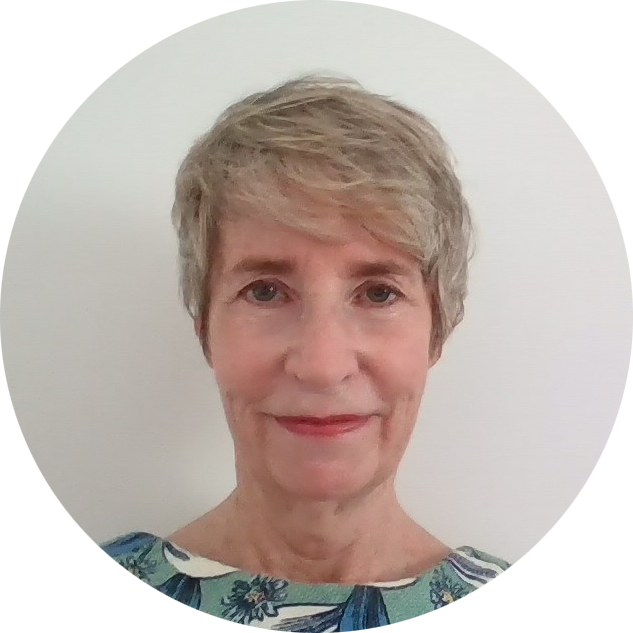
Caroyln Leslie
Carolyn Leslie (PhD) is an Assistant Professor in Foreign Language Didactics at the Modern Languages, Cultures and Literatures Department, Nova University, Lisbon, Portugal. Her research interests include spoken interaction in early foreign language learning, language assessment and teacher education.
Co-Opted Members
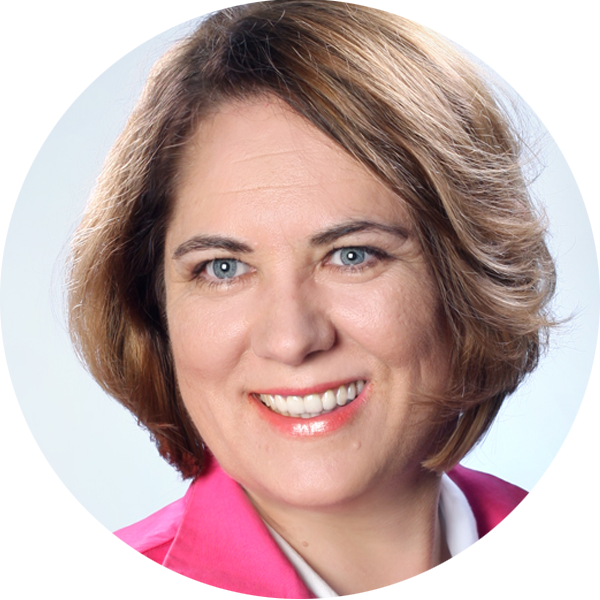
Joanna Rokita Jaśkow
Joanna Rokita-Jaśkow (PhD) is Associate Professor in Applied Linguistics at the Institute of English Studies, Pedagogical University of Cracow, Poland. Her research interests include early foreign language learning, language teacher education and development, multilingualism at school environment.
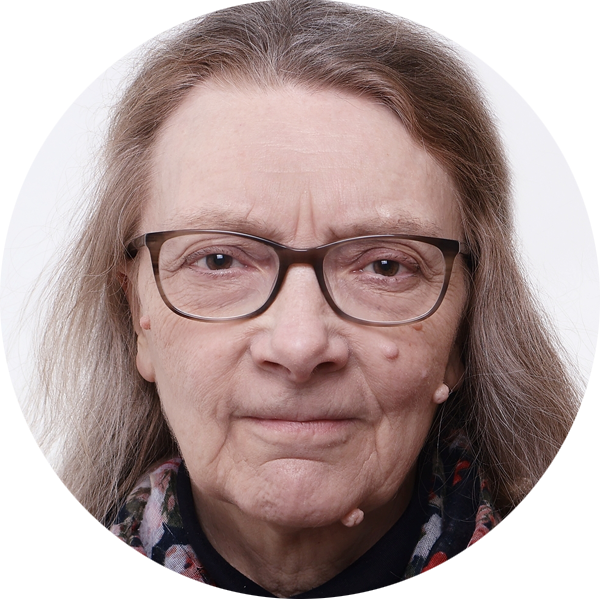
Melanie Ellis
Melanie Ellis (PhD, postdoctoral habilitation) is associate professor of Applied Linguistics at the Silesian University of Technology, Gliwice, Poland. Her research interests include early reading in foreign language English, education of teachers of primary EFL learners and design of materials for teacher learning.
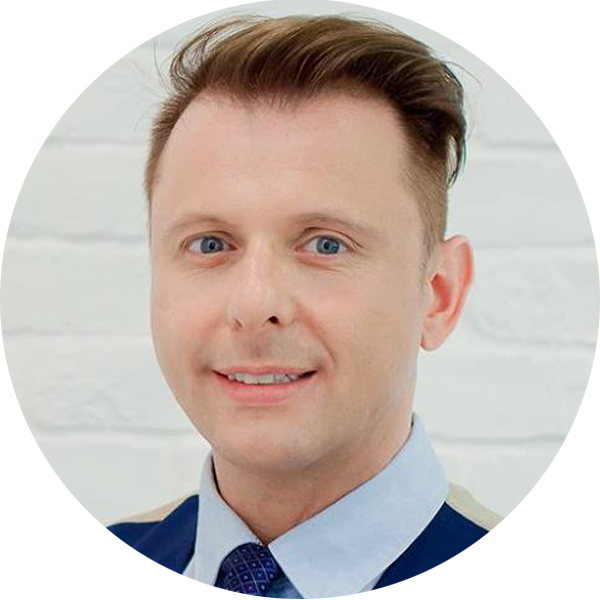
David Valente
David Valente is Associate Lecturer at the Norwegian Study Centre, University of York, United Kingdom, where he teaches on pre- and in-service English teacher education courses. David is in the final phase of his PhD and his thesis focuses on critical intercultural literacy, diverse diversities, and teacher education for ELT.
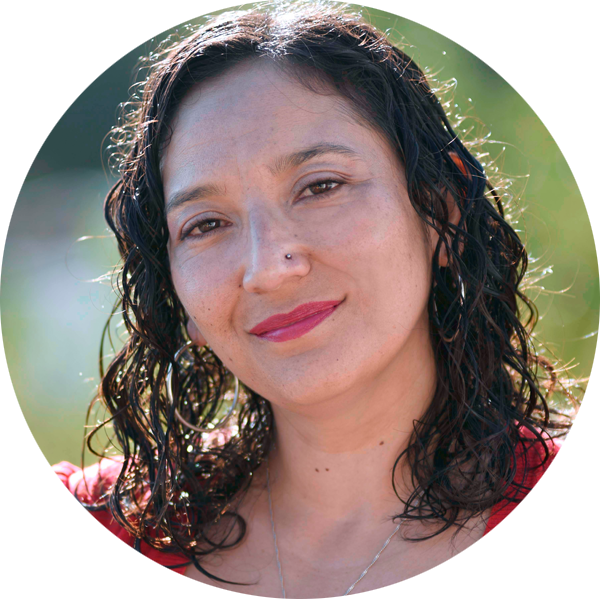
María-Jesús Inostroza
María-Jesús Inostroza A. (PhD) is an early career researcher at the Faculty of Education, University of Concepción, Chile. Her research interests include foreign languages in primary state-run education, language rights, children's voices and storytelling in language education.
The Committee of the General Assembly
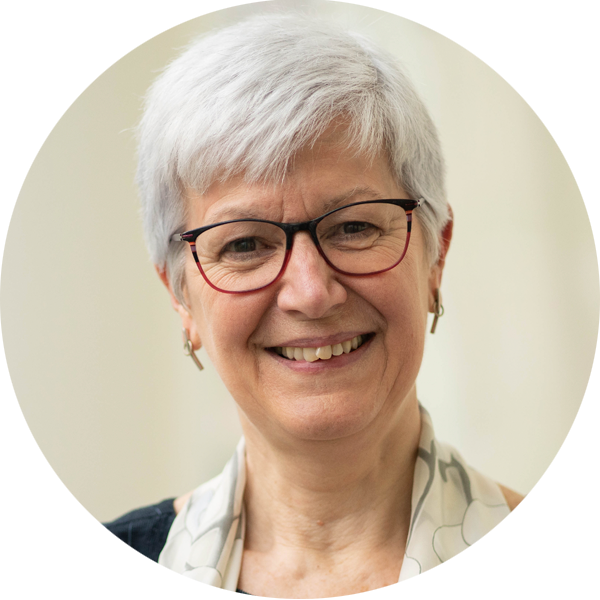
Sue Garton
Sue Garton is Professor of Applied Linguistics (TESOL) at Aston University, UK. Her research interests include teaching young learners, language teacher education, primary language policy and classroom discourse.
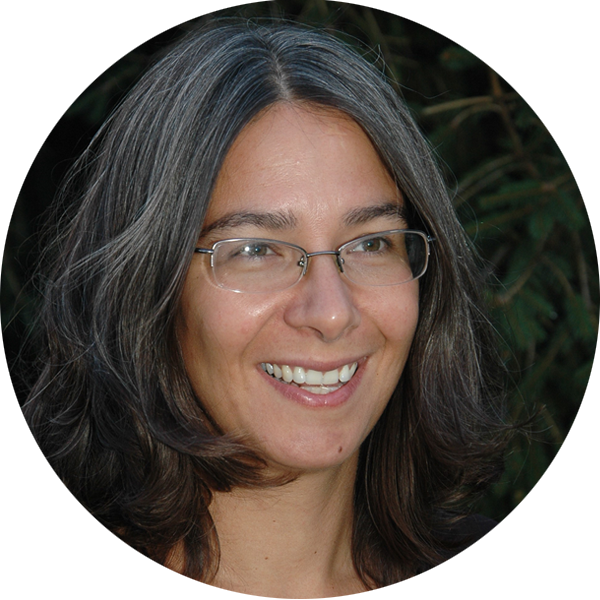
Danijela Prošić-Santovac
Danijela Prošić-Santovac (PhD) is an Associate Professor and the Head of the Centre for Languages at the Faculty of Philosophy, University of Novi Sad, Serbia. Her research interests include teaching English as a foreign language at pre-school and early primary school and using children's literature in teaching, with a focus on fairy tales and nursery rhymes.

Serdar Tekin
Serdar Tekin (PhD) is an Assistant Professor in Applied Linguistics (TESOL) at the Department of Foreign Language Teaching, Nevsehir Haci Bektas Veli University, Türkiye. His research interests include teaching English to young learners, translanguaging, technology-enhanced language learning, and teacher education.
The Finance Committee
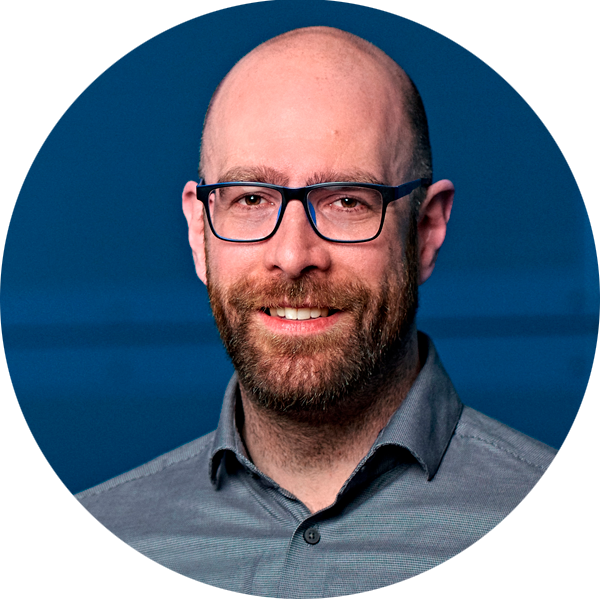
Nils Jaekel
Dr. Nils Jaekel is Associate Professor in English Foreign Language Acquisition and Language Pedagogy at the University of Copenhagen, Denmark. His main research interests include early foreign language learning, Content and Language Integrated Learning, multilingualism, and individual differences.
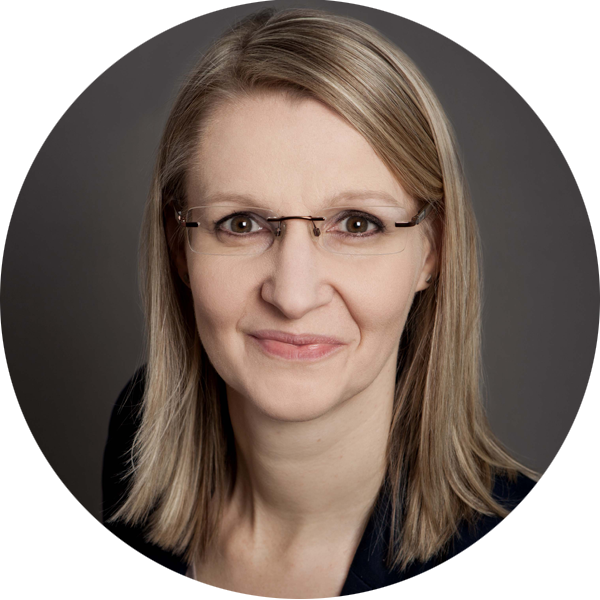
Karen Glaser
Karen Glaser (PhD) is associate professor of Teaching English in Primary School at Leipzig University, Germany. Her research interests include early language learning in institutional contexts, L2 pragmatics, classroom interaction research, and teacher professionalization.
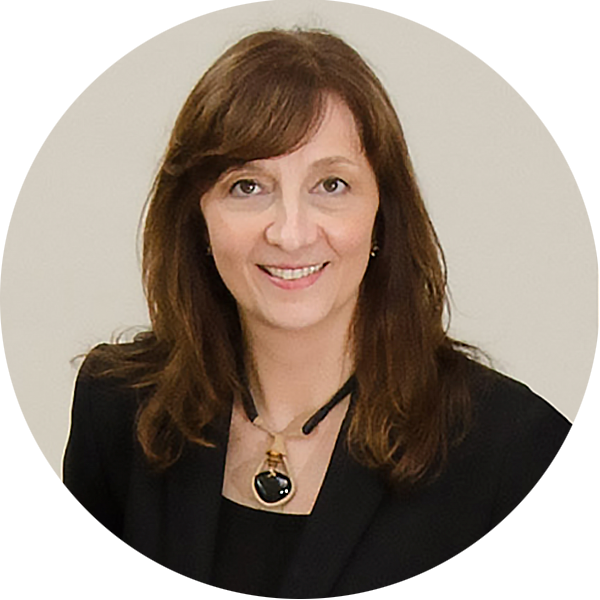
María del Pilar García Mayo
María del Pilar García Mayo is Full Professor of English Language and Linguistics at the University of the Basque Country, Spain. Her interests include the study of English morphosyntax (generative perspective) and the role of interaction and attention to form in L2 learning (cognitive-interactionist approach).

